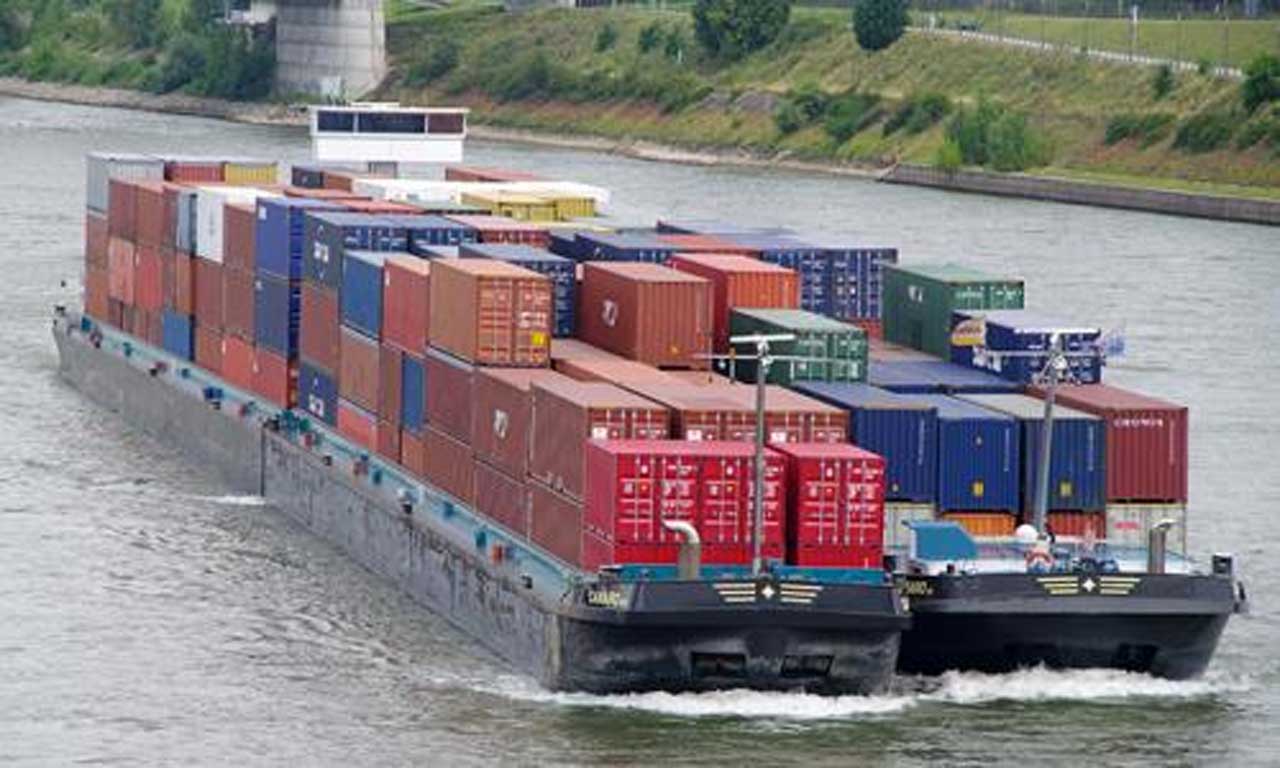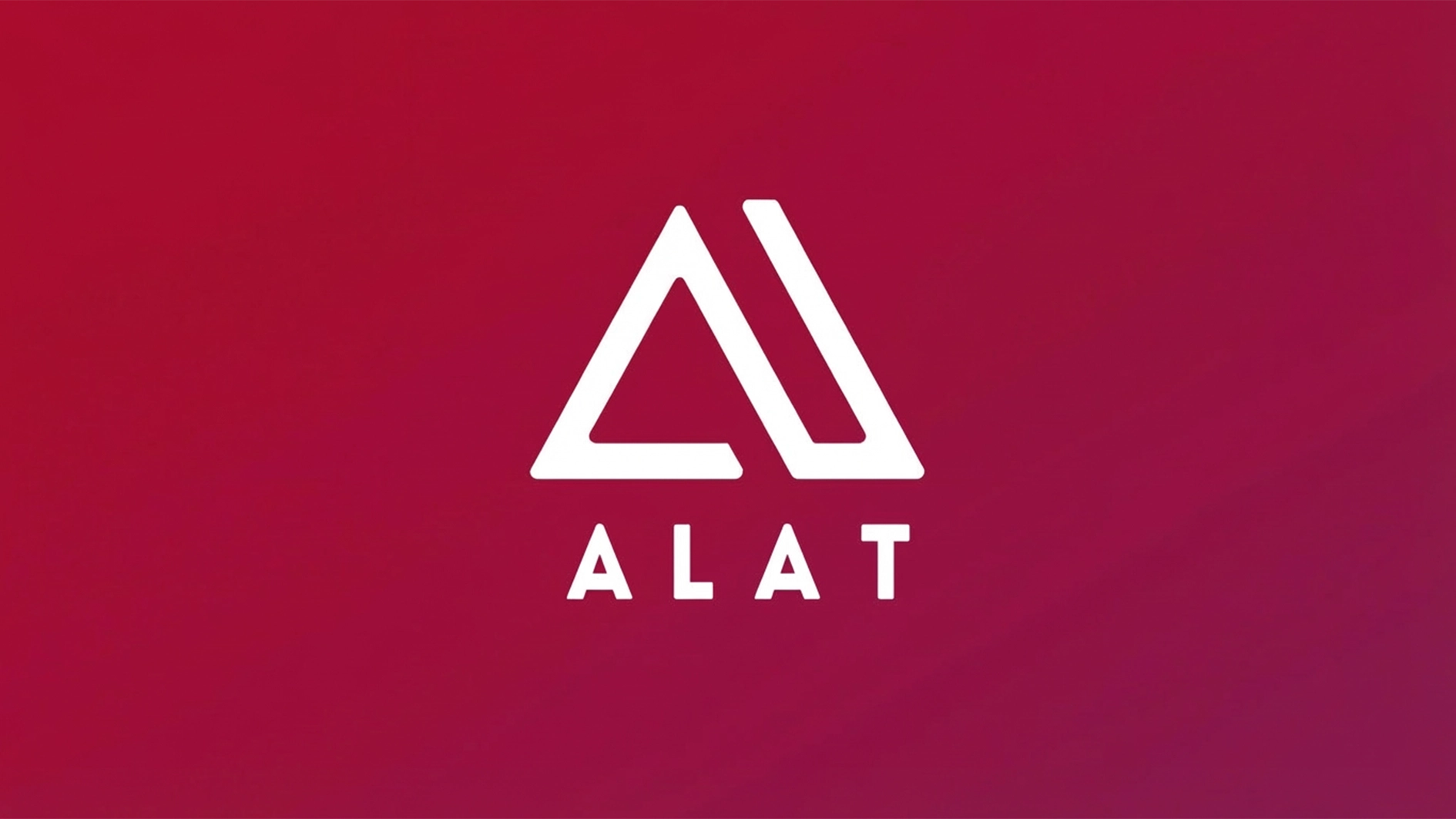
Barge Operators Association of Nigeria (BOAN) has lamented that the Nigerian Ports Authority’s (NPA) imposition of a N50 million registration bond on barge operators for licence is stifling the industry and pushing indigenous operators out of business.
They also expressed frustration with the high operational costs imposed by port terminal operators, describing the process of moving containers from the seaport to inland locations as a “nightmare.”
President of BOAN, Olubunmi Olumekun, stated this yesterday, when the Nigerian Shippers Council (NSC) team embarked on a strategic visit to the National Secretariat of BOAN in Lagos, to find out the challenges confronting the operators in breaking even with their business.
According to Olumekun, indigenous barge operators have contributed immensely to the growth of the Nigerian maritime sector, as regards cargo evacuation from the ports, traffic decongestion and transportation of export cargoes.
Olumekun emphasised that while barge operators understand the need for government revenue, how it is enforced stifles business growth, noting that this inflexible policy is causing a ripple effect on employment and cargo movement efficiency.
He said the operators have proposed solutions used in more advanced countries like insurance bonds instead and not cash, which would be more manageable.
“But here, we have to lock down millions in a bank, doing nothing for an entire year. If that money was invested in the business, it would make a huge difference,” he lamented.
The Director of Finance, BOAN, Bola Muse, called for a reform in the licensing process for barge operators, urging the NPA to adopt a model similar to that of the Nigeria Customs Service (NCS).
She stressed that the NPA’s imposition of a N50 million bank bond and other financial burdens have become a significant barrier for many operators, preventing them from registering their businesses.
Muse noted that the NCS once required a similar financial commitment, but after negotiations, they introduced an insurance bond instead, which cost N250,000.
She said many foreigners have taken over the business activities because they have the financial means to do so, while many indigenous operators feel powerless, watching as these foreigners dominate the industry.
The Director of Enforcement and Operations, BOAN, NuraWagani, highlighted a troubling trend where terminal operators seem to favour imports over exports by imposing significantly higher tariffs on export activities.
He cited examples where terminals charge N190,000 per container for exports but only N50,000 for imports, a discrepancy he believes must be addressed to promote a more balanced and export-friendly approach.
Wagani called on the Nigerian Shippers Council to assist barge operators in securing partnerships with financial institutions, noting that accessing loans with manageable interest rates remains a significant challenge for local operators.
The Director of Compliance for BOAN, SanniSaheed, emphasised that terminal operators’ charges are eroding profits and making it difficult for barge operators to stay afloat.
He noted that beyond the N50 million registration fees, operators must pay N80,000 for movement clearance on each voyage, with an additional N170,000 per unit charged by terminal operators and the main terminal charges.
Saheed said meanwhile, the revenue generated by barge operators, who charge no more than N400,000 from importers, fails to cover operational costs, leading many to opt for road transportation instead.
He said with all these expenses, it is challenging to cover asset renewals, staff payments, and other operational costs, especially since banks in this country offer little support.
Responding, the Deputy Director, Inland Transport Services Department, Nigerian Shippers Council, NanbolNanle, acknowledged that the high charges faced by barge operators present significant barriers as well as significant cargo loss to neighbouring ports.
Nanle also highlighted the need to focus on inland waterways and barge operations as the next step in ensuring the smooth transportation of goods across various modes of transport.






